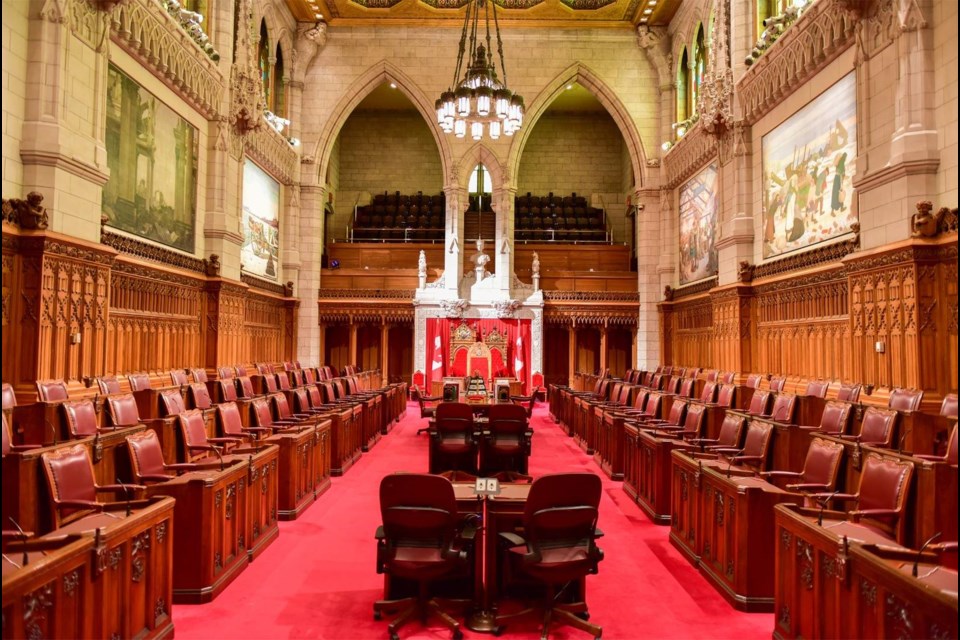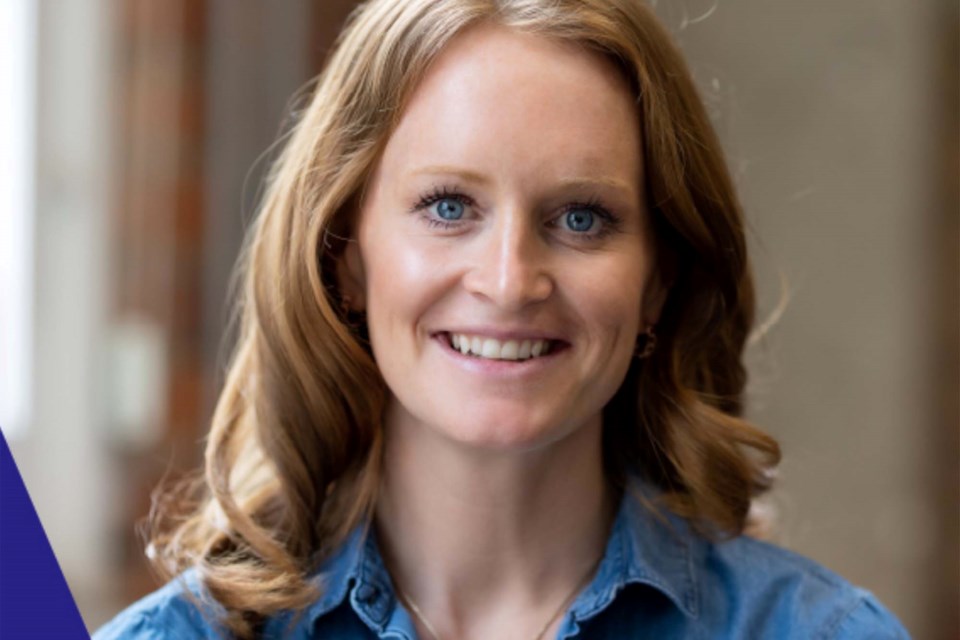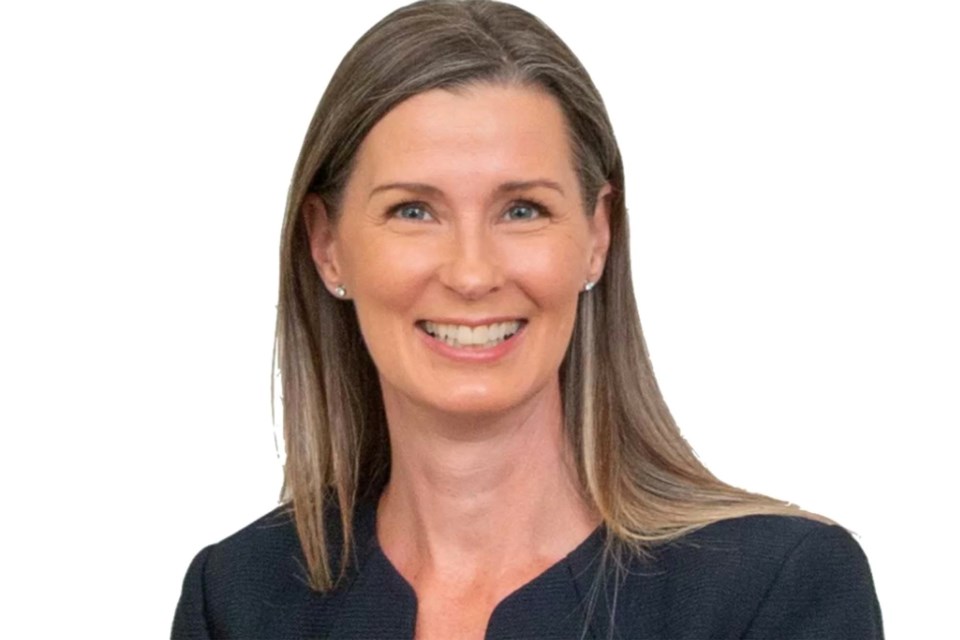ATHABASCA/BARRHEAD/WESTLOCK – In Canada, federal laws come to pass following the British tradition of bicameral parliament — legislation must pass through two different groups, meeting the specific criteria of each to the satisfaction of most of its members to become the law of the land.
Legislation is proposed, discussed and amended by the 338 members of parliament in the House of Commons, also known as the Lower House, before 105 senators in the Upper House discuss the legislation further and revise as necessary. Legislation must pass through both houses in the same form to receive Royal Assent by the Governor General, who is the representative of the Queen in Canada.
Albertans have the unique opportunity among Canadians to vote for the individuals they believe should fill the province’s six allotted positions in the Upper House, and that opportunity will come as part of the municipal elections on Monday, Oct. 18.
Thirteen Albertans have put themselves forward for consideration, with voters choosing up to three of them. Ultimately, Governor General Mary May Simon will appoint the new senators on the advice of Prime Minister Justin Trudeau, but Premier Jason Kenney will put forward the names of Alberta’s three highest vote-getters to the prime minister. It’s the prerogative of the prime minister as to whether he takes those recommendations to the Governor General, or not.
Until 2016, all Canadian senators wore their partisan badges on their sleeves, but an effort to modernize the selection process and the body itself by making it non-partisan is being attempted, with varying levels of success.
The Trudeau government also introduced the Independent Advisory Board for Senate Appointments at that time. “The process is designed to restore public trust in the Senate and move towards a less partisan and more independent Senate. These changes will help the Senate to play its intended roles of “sober, second thought” when reviewing proposed legislation, and of representing regional and minority interests in Parliament,” states the Government of Canada website.
Two of the five advisory council members come from the province in which there is a vacancy, but again, their findings are non-binding, and the prime minister advises the governor general how he sees fit.
It is the first senate nominee election in Alberta since 2012, but the practice has been in place since 1989. The NDP government did away with it when they were in power between 2015 and 2019, and the UCP government introduced the Alberta Senate Election Act in 2019 to re-introduce the practice when they were elected that year.
Six of the 13 candidates on the ballot for Senate have been endorsed by political parties, while eight others are running under independent banners.
The candidates
Erika Barootes “is a conservative activist, business leader, entrepreneur, dedicated volunteer, runner, and most importantly, wife and stepmom,” according to her website. She was also the first elected president of the United Conservative Party in 2018 and currently “works as Western Canadian Vice-President for a national strategic communications and public affairs company.” She is running for the Conservative Party of Canada.
Rick Bonnett is an independent candidate based out of Ponoka, where he served as mayor of the community until starting his campaign for Senate. He “is an entrepreneur and in addition has been active in politics for the past 12 years,” according to his website, and “is aspiring to take on the role of a Senator where he can exercise his practical and independent views in the Canadian legislative process.”
Pam Davidson is a wife, mother, small business owner and volunteer, based on a farm in the Red Deer area. “I’m a staunch advocate for property rights, freedom of speech and responsible spending. I also firmly believe in the conservative values of hard work, individual responsibility and the centrality of the family,” she said on her website. She is running for the Conservative Party of Canada.
Doug A. Horner is a former deputy premier and minister, who sat as an MLA for 14 years. His “passion is bringing business and public entities together for the benefit of our province and Canada. Growing up in rural Alberta, his family is well known as entrepreneurial agri-business innovators,” according to his website. Horner is running as an independent with the motivation of bringing an independent perspective to the Senate and giving Alberta a voice at the federal level.
Duncan Kinney founded the investigative and advocacy journalism platform Press Progress in 2016 and is running as an independent, mostly as a satirical statement against Premier Jason Kenney and the Senate election altogether, which he calls a scam. “Alberta is not the conservative hellscape so many people think it is. There are more of us than there are of them, actually,” he said on his website.
Kelly Lorencz is running for the People’s Party of Canada. He also ran for the party in the Sept. 20 federal election in the Red Deer-Mountain View riding, and in 2019 in Calgary-Nose Hill. He is a Canadian military veteran with 12 years’ experience as a correctional officer.
Mykhailo Martyniouk is president of the Association of Canadian Ukrainian Free Trade Agreement. He immigrated from Ukraine 27 years ago and is endorsed by the Conservative Party of Canada. “My intention is to ensure that the regional voice of the people of Alberta is heard for sober second thought in the upper chamber,” he said on his Twitter account.
Ann McCormack is also running for the People’s Party of Canada. She is a stay-at-home parent, small business owner and former pharmacist. If the name sounds familiar, it’s because she also ran for the People’s Party in the federal election in the Lakeland riding, placing second. “A voice in the Senate from rural Alberta would advocate for everyday Canadians who want to live and work in a free society, with much less government intervention,” she said on her website.
Jeff Nielsen has been working as a liaison between farmers and various levels of government for more than two decades and has held several high-profile positions in various agricultural organizations including as President of the Western Barley Growers Association; Director for the Canadian Wheat Board and Alberta Barley Commission; and most recently Chair of the Grain Growers of Canada. “This experience has taught me that change is possible within the Canadian system, when it’s driven by people united by community and heart,” he said on his website.
Karina Pillay is one of two doctors running as independent candidates. She previously served as mayor of Slave Lake for three terms, including during the devastating fires in 2011, and has 17 years of experience in the oil and gas industry. She is currently a physician in Calgary. “A strong advocate, she is running in Alberta’s Senate election to support her merit-based Senate application, endorse an Independent Senate and engage Albertans to discuss our critical issues,” according to her website.
Chad Jett Thunders Saunders is also running as an independent, apparently from his mother’s basement, according to his website. “As a first-time politico, Jett will not be appointing connected buddies to plush government jobs. He doesn’t have any connected buddies. He does have connections with peeps that matter. People with jobs they need to survive.”
Sunil Sookram is the other doctor running as an independent. He currently works as an emergency room doctor in Calgary, but is also a military veteran, who recently earned his Master's degree in business administration. According to his website, Sookram “is ready to serve Alberta in a new way – as a Senator focused not on partisanship, but the real, diverse needs of Albertans today.”
Nadine R. Wellwood is also running as a candidate for the People’s Party of Canada, after she was defeated in the Banff-Airdrie riding in both the 2019 and 2021 elections. “I will continue to stand with Albertans who believe in the principles of freedom, fairness, respect, and responsibility,” she said on her website. “I am a business owner, mom, and wife, and I am passionate about integrity and efficiency in government.” Wellwood is an entrepreneur, has worked in healthcare, for the Department of National Defence and owned an aerospace and defense company. She is also a financial planner and chartered investment manager.






